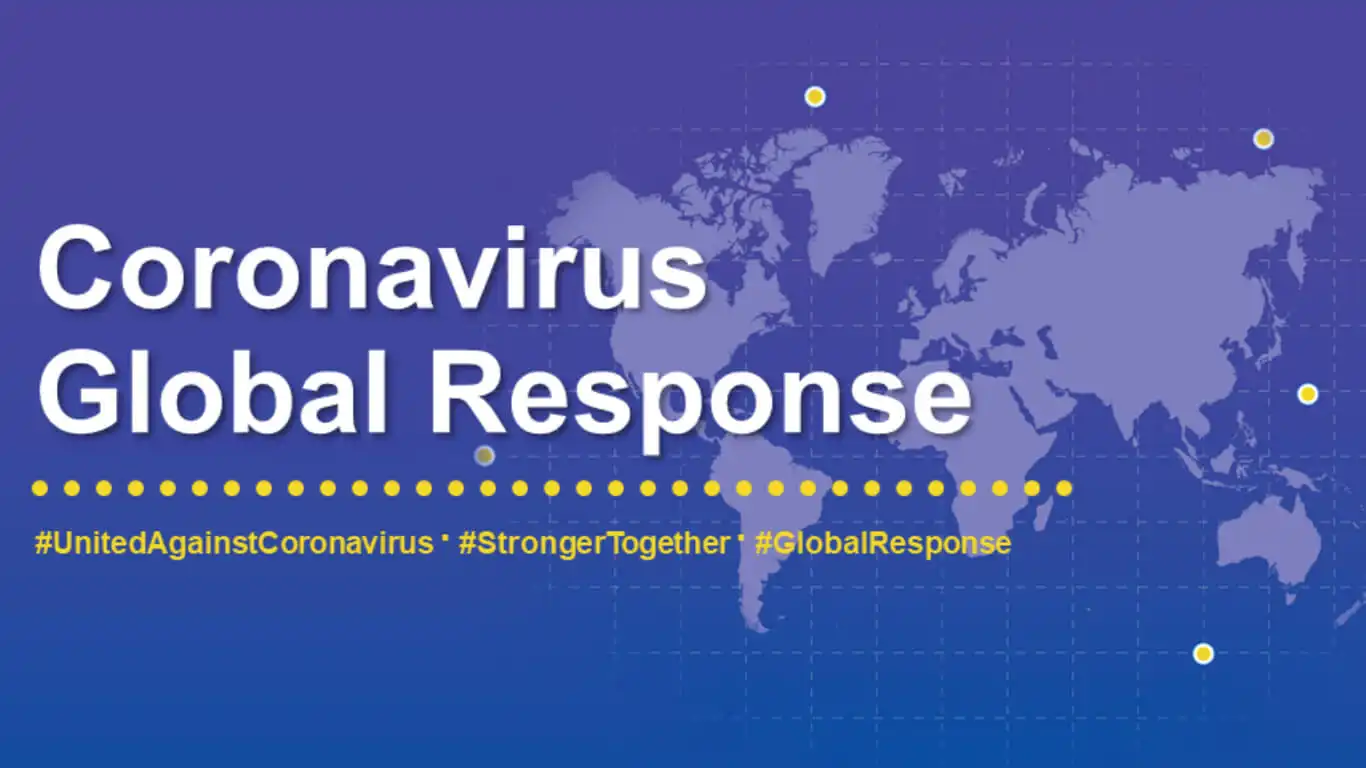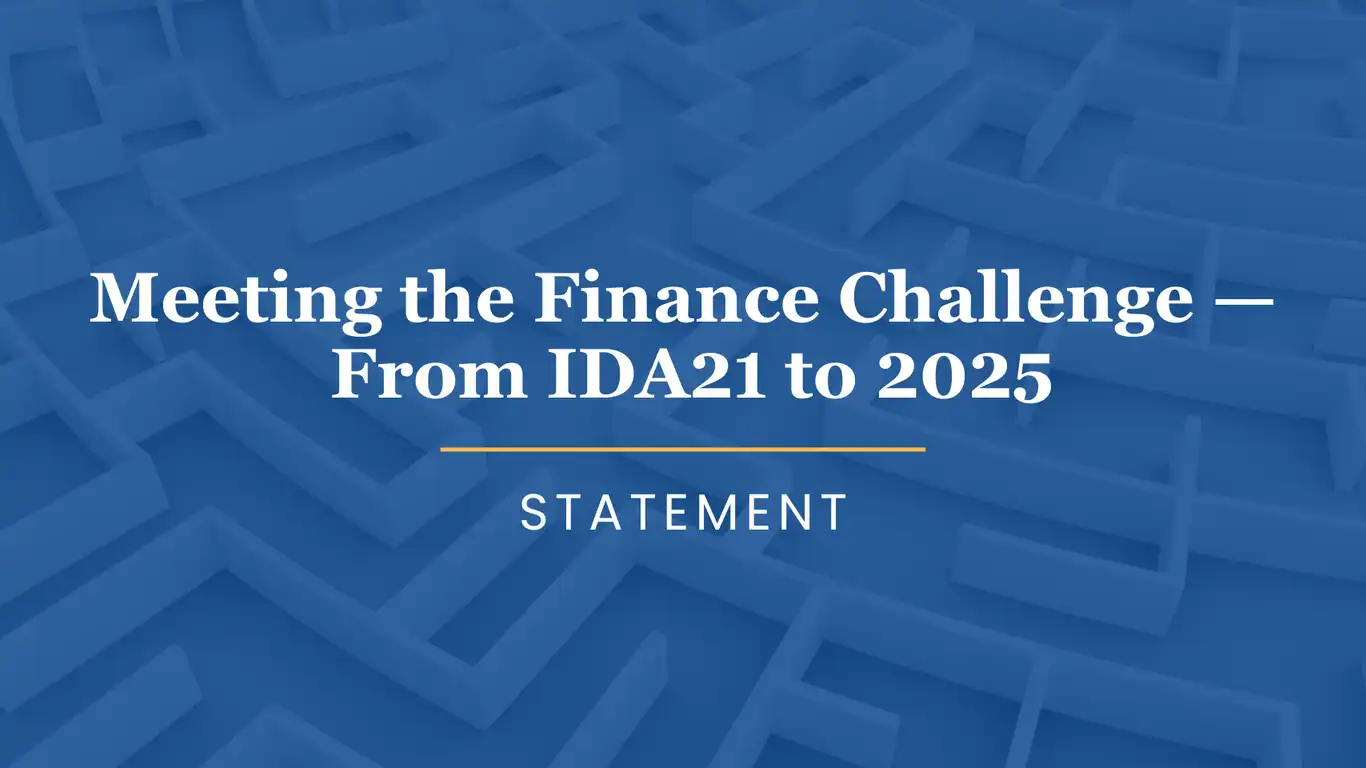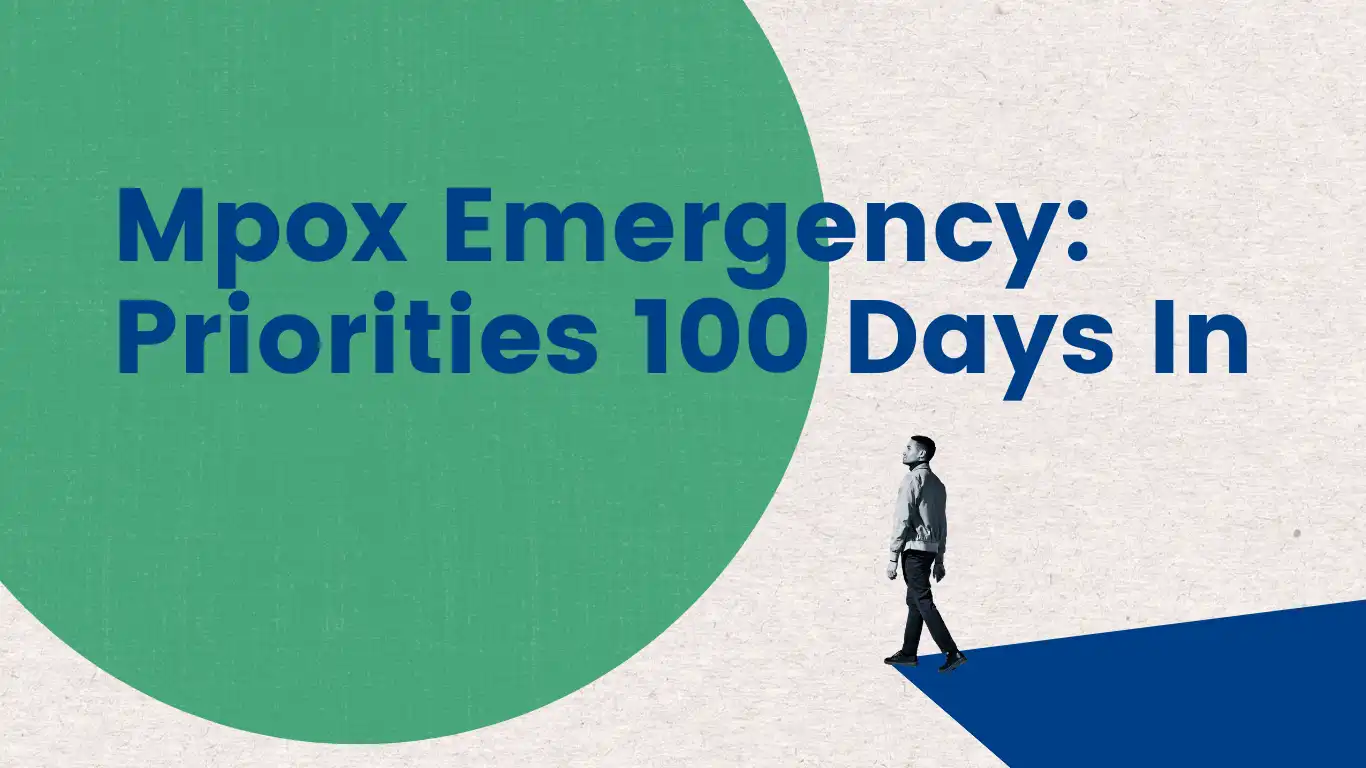May 05, 2020
By Eloise Todd, Co-Founder of Pandemic Action Network
A Down Payment on the Future
The impressive 4 May online pledging conference organised by the European Union had two clear goals: first, to show global solidarity and cooperation against the backdrop of a world fragmented by politics, inequality and a fractured response to COVID-19; and second, to raise US$8bn for the development of diagnostics, therapeutics, and vaccines to accelerate the end of the pandemic.
On the first objective, the event was a resounding success: the resolve to work together was deep and global – albeit with the notable absence of the United States. Although participants skewed European, leaders from Australia, Canada, China, Israel, Japan, Kuwait, Oman, South Africa and the UAE were among those who joined to make this a global moment, and their unity of purpose was palpable. One after the other, leaders spoke with passion about the need to leave no one behind and to make sure a COVID-19 vaccine is a global public good, no matter where it’s produced. The across-the-board commitment to the speedy and equitable distribution of a new vaccine rang loud and clear. The private sector and Foundations were present and pledging too, and global health institutions also took the floor. The words of Richard Hatchett from CEPI were simple, honest and moving: “the work will not be easy, it will not be cheap, and we cannot be certain of our success; but by combining our skills, expertise and resources, we will find a way to defeat this disease.”
On the fundraising objective, was the event successful? Maybe. But for us as advocates, our hard work has already started – we’re digging into the numbers to ascertain which of those funds were genuinely new, and which fall inside of the parameters of the US$8bn target. This accountability work is vital: unless we set a clear baseline for what was announced, we will not be able to either understand where the remaining gaps are, or be able to set much needed (and more ambitious) goals for the future, nor will we be able to properly track and assess the impact of those investments. Transparency and accountability must be embedded in development aid, particularly in times of crisis. During the Ebola epidemic in 2014, many donors simply rebadged money that was already earmarked for Ebola-struck countries, and disbursements were difficult to track. Redeployment of funds can sometimes be a sensible policy decision – but it can also mean existing development programmes being starved of resources with serious knock-on effects for the most vulnerable populations.
While fully funding the R&D agenda is critical to defeating COVID-19, we also know that what was raised yesterday – even if we really did hit US$8bn – is only a fraction of what will be needed for a truly global response and recovery – even more will be needed on vaccine development, manufacturing and distribution alone. Furthermore, it’s vital that the world keeps its collective eye both on the short- and longer-term needs. A key goal of our new Pandemic Action Network is to ensure that the world makes the necessary investments not only to stop this pandemic, but also to help prevent the next one. That’s why we are calling on all donors to make sure the 4 May is seen as just the downpayment and beginning of a truly global process, and not a one-off moment that fizzles out. The rhetoric of many leaders and the promise of future pledging moments were promising, but as always, data and actions will speak the loudest.
We salute the European Commission for its leadership and all of the leaders who stepped up and pledged their support at this critical moment. President von der Leyen hinted there might be a next time, and that she would engage more partners. With our growing list of partners, the Pandemic Action Network is ready to accept that challenge. We urge a two-pronged approach: let’s get full transparency around the full tally of what’s been raised so far and embed those principles for the longer term, and let’s make sure that future pledges help close the global gaps in the overall COVID-19 response and make sure that every country is better prepared to prevent future pandemics. It’s time for us to reimagine the scale of the approach we need to take to protect the world from future crises – and we stand ready to work with partners to help establish, and achieve, that goal. A downpayment on our future has been made. Now we need the #UnitedAgainstCoronavirus coalition to dig even deeper commensurate with this current – and future – global challenge.



